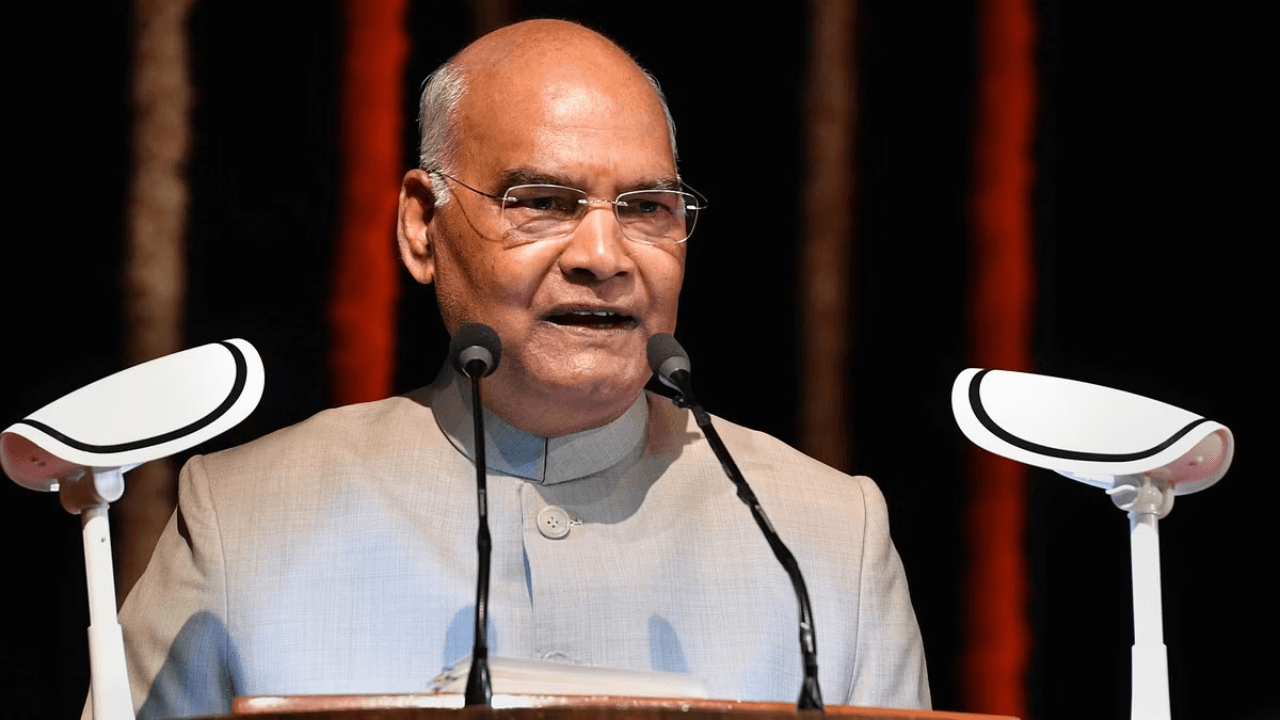One Nation, One Election
The Indian government’s recent announcement of a special session of Parliament, slated for September 18 to 22, has stirred curiosity due to its undisclosed agenda. This move coincides with reports of the establishment of a committee, led by former President Ram Nath Kovind, tasked with examining the concept of “one nation, one election.” Prime Minister Narendra Modi has long advocated for synchronized Lok Sabha (national) and state assembly elections, and this development underlines the government’s commitment to exploring this idea as multiple elections loom on the horizon.
Ram Nath Kovind to Head the Committee
Ram Nath Kovind, a prominent figure who expressed support for this concept during his presidency in 2017, will lead the committee’s efforts. He emphasized the challenges posed by frequent elections, citing the strain on human resources and the disruption to the development process due to election-related regulations. As the Modi government nears the end of its second term, there is a growing sense of urgency to address this matter decisively after years of deliberation.
Political Implications and Rationalization: One Nation, One Election
The “one nation, one election” proposal aligns with the government’s pursuit of broader themes and significant initiatives to garner public support. For the ruling Bharatiya Janata Party (BJP) under Modi’s leadership, this proposition offers political advantages and could catch the opposition off-guard. As things stand, assembly elections are due in five states—Mizoram, Madhya Pradesh, Chhattisgarh, Telangana, and Rajasthan—in November-December, followed by the Lok Sabha elections in May-June next year.
However, recent government actions have raised the prospect of advancing general elections and some state polls, which were initially slated to coincide with the Lok Sabha contest. States like Andhra Pradesh, Odisha, Sikkim, and Arunachal Pradesh are scheduled to hold their assembly elections concurrently with the Lok Sabha elections. While they may not be part of the BJP’s formal alliance, the party enjoys favorable relations with the chief ministers of Andhra Pradesh and Odisha. The BJP is in power in Arunachal Pradesh, and Sikkim is governed by an ally.
States like Maharashtra and Haryana, where the BJP holds power with coalition partners, as well as Jharkhand under JMM-Congress rule, are set to conduct their elections after the Lok Sabha polls.
Speculations Surrounding the Special Parliament Session
Following the government’s announcement of the special Parliament session, speculations abound regarding the agenda for the five-day event. One of the speculated agenda items includes dissolving the current Parliament and announcing early Lok Sabha elections. However, it’s important to note that such a decision can be made through a cabinet resolution, rendering the convening of a special Parliament session unnecessary for this purpose.
A possible strategy for the government could be to use the session to present its achievements over the past five years and explain the rationale behind holding snap polls concurrently with state elections scheduled for this year. It’s worth noting that implementing “one nation, one election” would necessitate a constitutional amendment, followed by approval from state assemblies. While this concept has been implemented four times in the 1950s and 60s, India has fewer states and a smaller population compared to today, which adds complexity to the proposal.
- SIDBI Grade B Notification 2025 Out For 26 Manager Post
- SSC CGL Tier 2 Weightage of English and Quants, Check Here
- 7 Tips for Staying Motivated during SSC CGL Exam Preparation
- General Science Question for SSC CGL Exam, Attempt Here
- SIDBI Grade B Syllabus & Exam Pattern 2025, Download PDF

